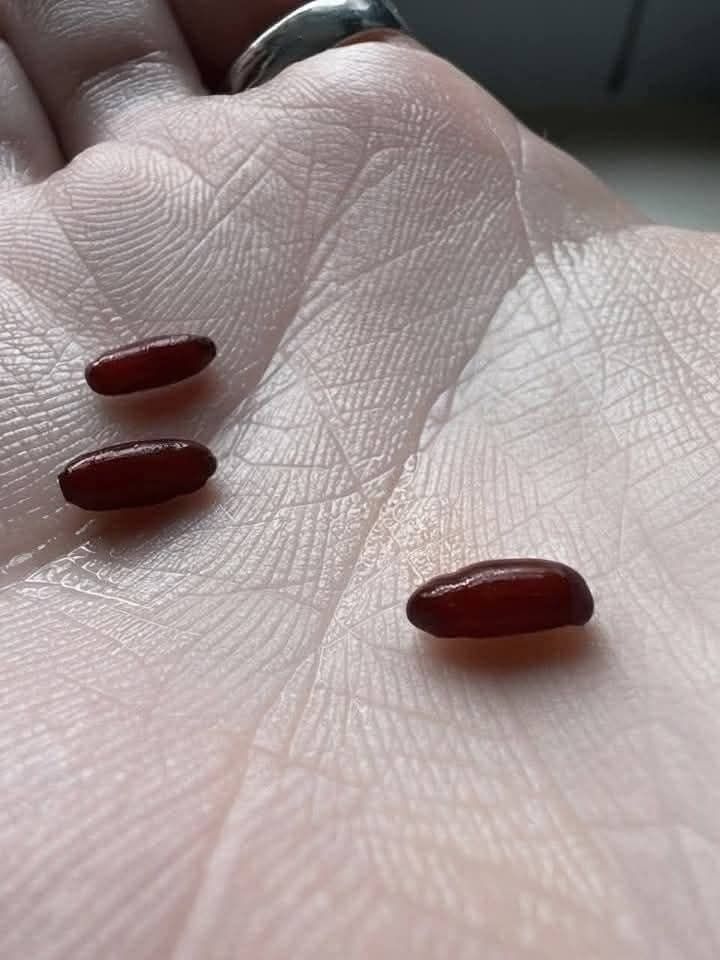The first symptom looked like nothing at all—just a mild ache, the kind you shrug off on a busy day. No drama, no warning signs, no reason to believe anything was wrong. But within days, that tiny hint turned into a storm that swallowed everything. A healthy man, a bright spring afternoon, and a tick so small it could hide behind a freckle… yet powerful enough to set off a chain of events no one could stop. One bite. One moment of contact with something silent and deadly. And before anyone understood what was happening, fevers surged, confusion took over, and a medical mystery was unfolding in real time. The family that laughed with him one week was standing helplessly by his bedside the next, watching his body fight a battle he never had a chance to prepare for. Now they are begging people to pay attention, because they have learned in the cruelest way how quickly a life can be rewritten by something almost invisible.
Kevin Boyce’s life didn’t just change—it unraveled at terrifying speed. It began as what everyone thought was a stubborn flu, the kind that lingers after a long day outdoors. In April 2024, after brushing away a tick he barely remembered, he developed a headache and a fever. It seemed manageable at first. But each day brought a new layer of symptoms: crushing headaches that felt like his skull was tightening, relentless vomiting that left him weak and dehydrated, and a profound exhaustion that made it hard for him to stay awake. His family urged him to see a doctor, but even the doctors initially thought it was viral, maybe seasonal. No one guessed the truth yet.
By the time the neurological symptoms began—confusion, difficulty speaking, moments where he couldn’t remember where he was—the situation had spiraled far beyond a simple illness. His condition deteriorated so rapidly that emergency hospitalization was the only option. What followed was a blur of tests, specialists, and anxious waiting. MRI scans showed swelling in his brain. Lumbar punctures revealed inflammation no one could explain. His family watched as the man they knew slipped further and further away, trapped inside a body that was losing its ability to function.
Finally, after days of searching for answers, doctors identified the culprit: Powassan virus. A rare tick-borne infection, but one of the most aggressive and dangerous. While Lyme disease is far more common, Powassan works differently—quietly infiltrating the brain, attacking neural tissue, triggering swelling that can rapidly become catastrophic. By the time Kevin’s diagnosis came, the virus had already caused irreversible damage. There was no antidote, no cure, and no treatment strong enough to reverse the progression.
Kevin never recovered. The swelling in his brain worsened, his organs began to fail, and the man who had been vibrant, active, and full of life only weeks earlier was now fighting for every breath. His family held his hand, whispered his name, and did the only thing left—they stayed. They tried to comfort him as machines and monitors filled the room. Then, just weeks after that tiny bite, he was gone, leaving behind a silence so heavy it didn’t feel real.
Today, his loved ones speak publicly about what happened—not because it’s simple to relive, but because they refuse to let his story end in that hospital room. They share his name, his story, and their pain in the hope that someone else might recognize danger sooner. They want you to understand what they didn’t: that no tick bite is harmless. That viruses you’ve never heard of can destroy a healthy brain in days. That prevention is not paranoia—it is protection.
They urge people to treat every tick as a legitimate threat:
• Use strong repellent on skin and clothing.
• Wear long sleeves, long pants, and light-colored fabrics when in wooded or grassy areas.
• Check every inch of your body—scalp, behind knees, groin, underarms, behind ears—after being outdoors.
• Shower soon after coming inside to wash away ticks that haven’t latched yet.
• Seek medical care when symptoms after a tick bite feel “off” or unusual, even if mild.
• Monitor fevers, headaches, or strange neurological changes with urgency, not hesitation.
Kevin’s story cannot be rewritten. But his family hopes that by sharing it—by opening a wound that hasn’t even fully healed—they might rewrite someone else’s fate. They want one more parent, one more hiker, one more child, one more ordinary family to take this threat seriously before it becomes a tragedy.
Because sometimes the smallest dangers are the ones that take the most from us. And one silent bite can change everything.
